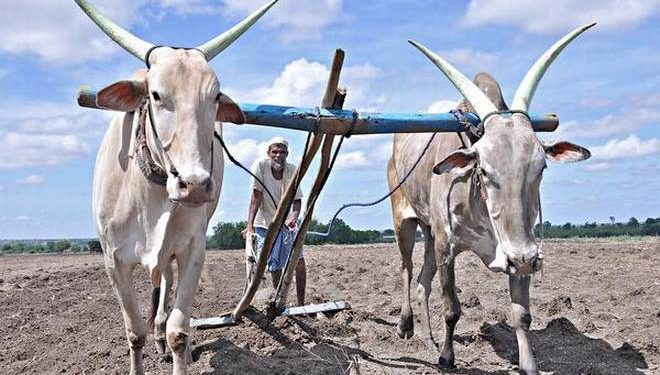With farm distress and the resultant discontentment fast building up in the country, talks of farm loan waiver and higher Minimum Support Price (MSP) have become the flavour of the season. Political parties seemed to be veering round to a realisation that they can ignore it only at their peril. Sample the BJP’s drubbing at three Assembly polls in the Hindi heartland. Hardly two hours after his swearing-in earlier this week, Madhya Pradesh Chief Minister Kamal Nath announced a loan waiver for farmers of that state. Chhattisgarh and Rajasthan immediately followed suit. Even BJP-ruled Assam is not way behind. It has also waived farm loans in the state. Chhattisgarh government went one step further by raising paddy MSP by a hefty Rs 700 plus at Rs 2,500 per quintal. This is despite the fact that ratcheting up support prices and waiving loans by themselves will not alleviate distress in the farm sector, although they might help win votes. Good or bad, such big bang populist measures will remain in fashion until 2019 general elections.
They are bound to create ripple effects in the country. A loan waiver may be a political decision, even as it creates macroeconomic imbalances. But increasing support price can have wider ramifications. It can potentially affect the nature and pattern of procurement in neighbouring states. Chhattisgarh is expected to even surpass its procurement target of 55 lakh MT of rice set for this year as farmers from neighbouring states Telangana, Andhra Pradesh and Odisha will be keen to sell their produce in Chhattisgarh, taking advantage of the higher support price. This will upset the paddy procurement in Odisha. Traditionally, traders of Andhra Pradesh and Chhattisgarh run parallel procurement in Odisha, taking advantage of various loopholes in our system. Prolonged delays in the opening of mandies and their early closure encourage traders from Andhra Pradesh and Chhattisgarh to buy paddy from farmers here at throwaway prices. Even since Odisha was made self-dependent in procurement, there has not been a single year when procurement was conducted here seamlessly. Issues such as a surfeit of documentation, delay in opening of mandies, ill-equipped regulated market committees, and high-handedness of rice millers and apathy of the administration have combined to mar the programme. Over the years, improvements have come in some aspects such as easing of documentation and tough action against rogue millers; yet there are several issues that need to be addressed.
A nearly 50 per cent jump in support price of paddy in Chhattisgarh will drive traders and middlemen to target paddy from Odisha where it is available at Rs 1,550 per quintal. Unless the state government quickly intervenes, and in good measure, chances are that the state will not be able to achieve its procurement target. Traders will lift paddy from here and sell it in Chhattisgarh at a premium. Farmers in western Odisha will be eager to sell their paddy to brokers and the middlemen to sell their paddy. And there is no guarantee that they will be given full MSP. Farmers, especially in border districts such as Kalahandi, Nuapada, and Nabarangpur will be the hardest hit. Even rice millers from Odisha will be encouraged to work as conduits for selling paddy to traders from Chhattisgarh. However, the comment of food supplies and consumer welfare minister Surya Narayan Patro Wednesday that there are no bars on farmers to sell paddy to whosoever they want will encourage traders. Such irresponsible statements will encourage the grey market that in the long run will weaken the procurement programme and such a situation will be to the detriment of farmers here. It is time the state government read the writing on the wall.






































